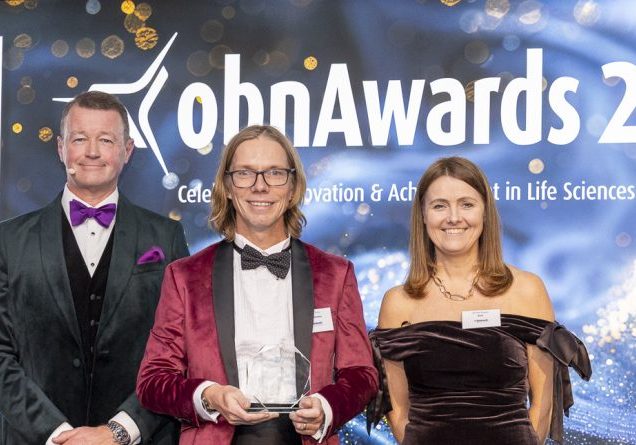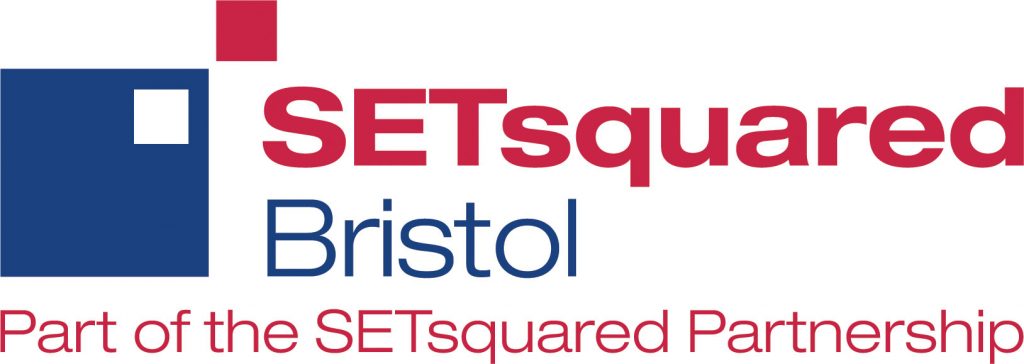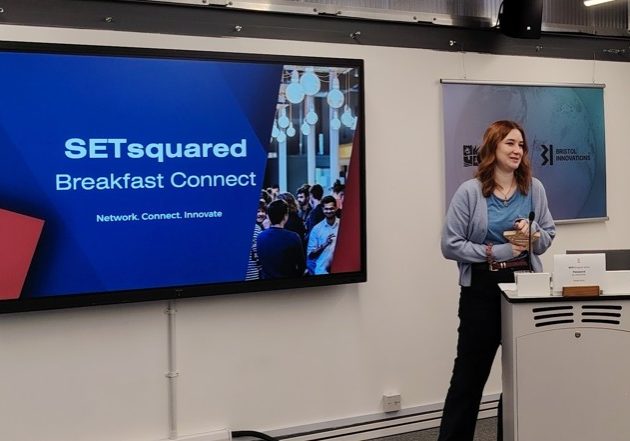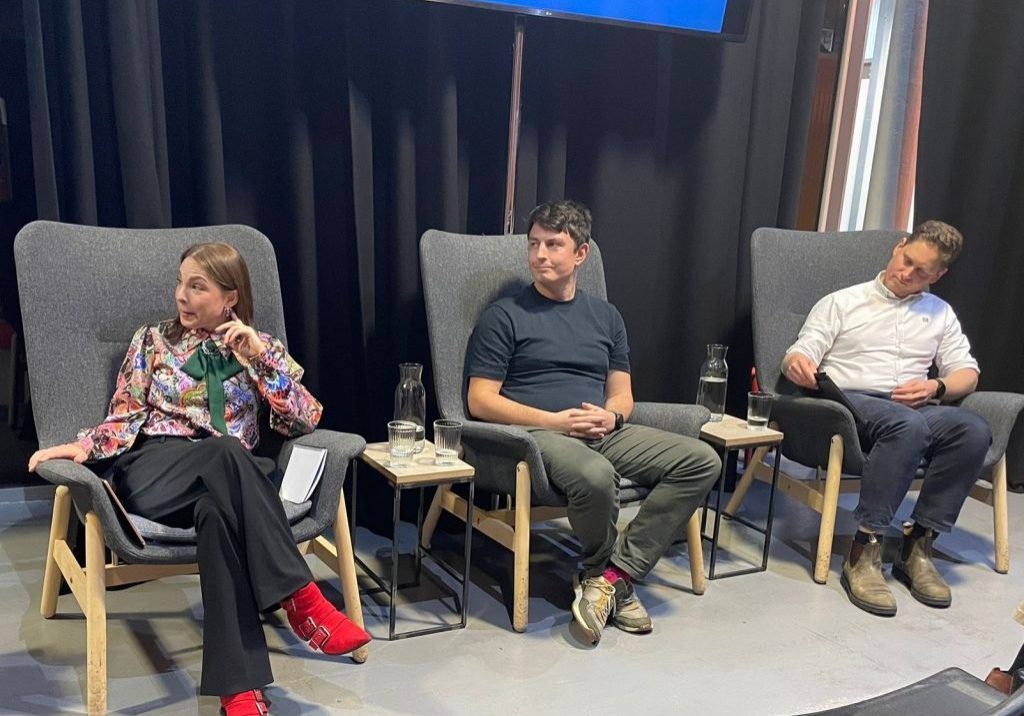Sandeep Roy: Mentoring to give back and foster inclusive growth in Bristol and South West
Posted by
SETsquared Bristol
SETsquared Bristol maintains a high-quality pool of over 30 mentors, who offer their time pro-bono to mentor the Founders or management teams of SETsquared Bristol members.
We had a chat with Sandeep Roy, Founder and Director of Innovate2Grow, about the benefits of giving back through mentoring and his views on the positive impact it can have to foster inclusive growth in the local economy.
 Tell us about yourself and your background.
Tell us about yourself and your background.
I have been fortunate to acquire a huge amount of business experience in setting up and growing business lines in multinational companies across the globe. As a continuous learning advocate, sharing such experiences to support, develop, stimulate and challenge junior members of my team in my corporate roles was a natural activity. In my last role at Lloyds Bank, I was also an active mentor to local businesses as part of my giving back.
What brought you into business mentoring? What interested you in becoming a SETsquared mentor?
Being in Bristol is a big motivation. This is now home, and the longest I have ever lived in one place during the last two decades of living and working across the world. I am hence keen to contribute to its prosperity and growth.
The digital disruption of the last decade has resulted in massive downsizing of corporate jobs and in parallel, the growth of the entrepreneurial economy. Bristol is one of the fastest growing tech hubs in UK and is home to numerous startups, scaleups and fast growth tech businesses which provide a rich context for mentors.
Why SETsquared? As the world’s #1 university backed incubator and a nucleus for innovation and tech startups in Bristol, it was a no-brainer to get involved, contribute and help make an impact.
What has mentoring at SETsquared been like? What have you gained, or taken away from the experience?
It opened my eyes into Bristol’s thriving innovation ecosystem and its potential – which I was blissfully unaware in the confines of a dealing room of a big bank. It has helped me make new connections with founders, academics, companies, investors and other mentors.
In the last 18 months of being a mentor, I have had an active mentee – a Bristol University med-tech spinout now commercialising product testing. In addition, I supported pitch prep for another startup for the annual Tech-Xpo 2020 Showcase and have participated in Business Review Panels for two startups.
Being a mentor at SETsquared has helped me boost my professional reputation and profile. It has also helped me understand myself better, as in front of a mentee one needs to get out of one’s own head. The different points of view in discussions have helped me understand why I acted or thought the way I did. As a mentor, when you pass on your advice and experience, you achieve a better idea of how well you are living your own life and how to improve it.
 What qualities do you think a mentor needs?
What qualities do you think a mentor needs?
- Intent to share your knowledge
- Preparedness and effort to understand the mentees business and sector
- Approachability, availability
- Straight talking (with diplomacy)
- Objectivity (with sincerity)
- Good questioner and active listener
- Empathy, not overbearing
- Not advisory or opinion-giving
Do you have any advice for those interested in mentoring?
Mentoring is a great way to self-develop. It opens your mind on why you do things or think in a certain way and can help change bad habits that we all acquire, professionally or personally, over life. Sharing experiences enables you to see things in a different light. An incident or experience that may not appear significant to you could be deeply impactful to another person in the same situation.
Mentoring nurtures thought leadership, team work and communication skills – all of which are valuable skills in life and work. Mentoring others helps you to learn too. You may not think that you have much to offer at this stage of your career, but engaging with someone who has had an entirely different background can be immensely rewarding for both of you, at all career levels.
But be aware, you will need to be flexible to adapt and change your ways when you are in a mentor-mentee relationship. If you are set in your ways, it may impede the effectiveness of being a mentor.
You were on the steering committee for Diversity and Inclusion (D&I) in Lloyds Bank. How best can startups embed D&I into their core?
Most startups have Gen Y/Z founders who grow up in more dissimilar environments and are more digitally connected than their Gen X counterparts. That gives them a more diverse mindset and a leg-up over larger corporates who typically have Gen X as decision makers.
Corporates approach diversity as ‘initiatives’, often led by HR departments. My experience was that approach often competes with mindshare and bandwidth for ‘business’ initiatives. The trick is to create a narrative based on business and employee outcomes: i.e. what diversity means to employees and how is it integral to the firm’s objectives. This is not easy in a larger multi-division company but a startup is typically a leaner agile organisation.
It is easier for startups, scaleups and SMEs to embed a culture of diversity into their core by pursuing the benefits of diversity rather than pursuing diversity per se. Examples of such output-based measures are increased innovation, higher participation across all employees or improved scores in employee surveys on inclusive culture.
Startups (or even larger SMEs) can get creative on inputs to achieve these outputs. For example, more diversity hiring of Zoom Generation contractors from across the world, support or encourage young people in under-represented communities who can be part of a future workforce or encourage difficult conversations in staff meetups by redefining diversity in a human and purpose-driven way.
 What do you think needs to be done now to foster more inclusivity in the Bristol ecosystem and future of tech, to drive inclusive growth?
What do you think needs to be done now to foster more inclusivity in the Bristol ecosystem and future of tech, to drive inclusive growth?
The discussion on D&I in most civic authorities continue to be anchored around ‘equality’. I regularly speak to people and companies across the globe and think that discussion has now moved on – especially post BLM – from equality to empowerment.
Consequently, ‘Diversity’ must progress from attributional factors like race, ethnicity and gender to components like diversity of thought, acquired diversity and mental well-being.
Inclusive growth in this digital era must also be redefined from the classic race and gender themes to encompass elements of digital inclusion and age-inclusion that are relevant today, and support wider progress of society and the economy. Progressive and structurally diverse cities like San Jose, USA now have funds allocated for promoting digital inclusion.
Creating a truly inclusive city requires two things: 1. a broad-based definition of inclusivity and its wide recognition and 2. a meaningful understanding and implementation of its goals.
The need is to discover an approach that is not perceived as “pushing” the agenda on the city’s population but one that creates a “pull”: a force for good which connects and engages its citizens, prompting them to appreciate the benefits and to actuate real change for themselves and their fellow residents.
One modus operandi to achieve this could be a strategic plan to attracting diverse investment and talent to the city via a global diversity outreach. In fact, a small group of BAME, professionals and I are ideating a multi-pronged plan for this. Mentoring is an integral facet of this. Watch this space!
As the city’s tech nucleus, I think SETsquared can play a critical catalytic role in making the change happen in the city’s tech ecosystem. As a BAME mentor, I look forward to contributing.
SETsquared Bristol are always looking for experienced individuals who would like to offer their time and expertise to our tech startups. We are actively looking to engage with women and BAME (Black, Asian and Minority Ethnic) background mentors to widen and diversify the experience in our mentor pool.
Please get in touch if you’d like more information about becoming a SETsquared mentor, or if you are a tech startup looking for business support.
Discover more about SETsquared mentors here and sign up to the monthly SETsquared newsletter to keep up with news, events, opportunities and more.
Recent News, Blogs and Stories



